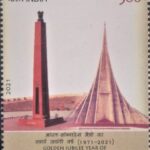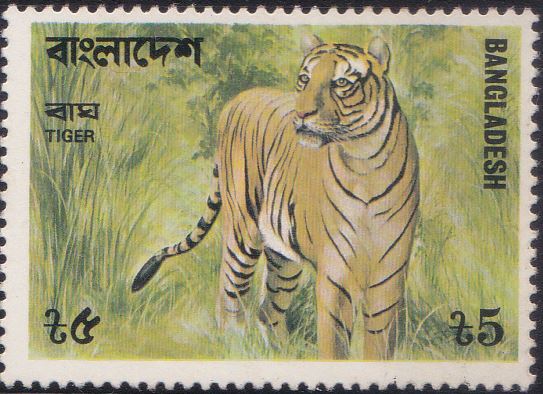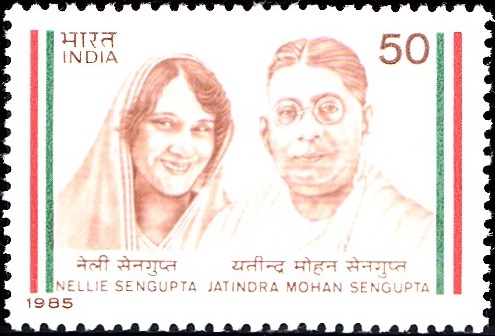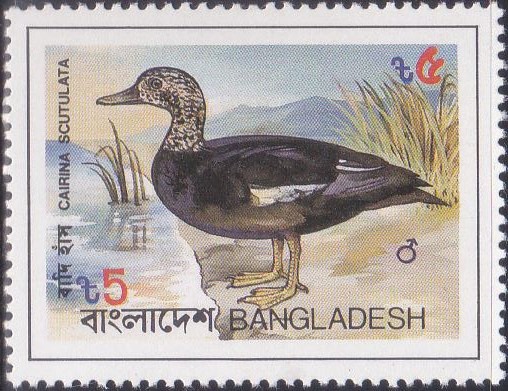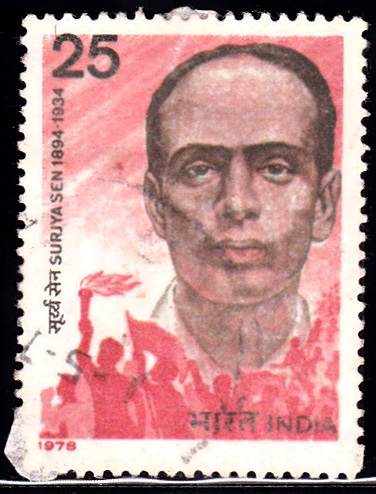
Surjya Sen
A commemorative postage stamp on Masterda Surya Sen, an Indian Bengali revolutionary, led 1930 Chittagong armory raid in Chittagong in British India (now in Bangladesh) :
 Issued by India
Issued by India
Issued on Mar 22, 1978
Issued for : The P & T Department feels privileged to issue a commemorative stamp in honour of this great patriot and revolutionary.
Type : Stamp, Postal Used
Colour : Raw Sienna and Brilliant orange
Denomination : 25 Paise
Overall size : 3.91 X 2.90 cms.
Printing size : 3.55 X 2.54 cms.
Perforation : 13 x 13
Watermark : A.P. watermarked paper
Number printed : 30,00,000
Number per issue sheet : 35
Printing process : Photogravure
Designed and printed at : India Security Press
Name : Surya Sen
Born on Mar 22, 1894 at Noapara, Chittagong, British India [now Raozan upazilla, Bangladesh]
Died on Jan 12, 1934 at Chittagong, British India
About :
- Surjya Sen – popularly called “Masterda” – was born on 22nd March, 1894 in the village Noapara, District Chittagong (now in Bangla Desh) in a lower middle class family. After graduation he started his career as a teacher in Chittagong. Immediately he devoted himself to building up a revolutionary organisation, as he firmly believed that the British rule in India, being based on brute force, could be overthrown through force only.
- His first major exploit was to secure about Rs. 18,000 by successfully organising a raid on the funds of the Assam Bengal Railway, a foreign commercial concern, in the year 1923. He and his associates were arrested but were released after a prolonged trial. This was followed by other revolutionary activities and spells in jail. Under the leadership of Surjya Sen, the Chittagong Republican Army was organised with such death-defying courage that the programme drawn up by them was referred to as the “Programme of Death“.
- On the evening of 18th April, 1930, the Chittagong Republican Army seized power in Chittagong through a sudden attack. They captured two Government Treasuries, the whole of the Telegraph and Telephone system, the Port and the Railway Station. Chittagong was-cut off from the rest of India, and the British Government in Chittagong ceased to exist for a short time.
- In several engagements with the British forces, notably the one on Jalalabad hill on 22nd April, 1930, many of Surjya Sen‘s associates were killed and Masterda himself went underground, extending his activities to neighbouring Districts. In February, 1933, the British Government at last succeeded in capturing him. After a brief trial, he was sentenced to death and was hanged at mid-night on 12th January, 1934.
- Before mounting the gallows, his last message to his followers on the other side of the jail was as follows : “Brothers, there is nothing to get demoralised. Go ahead with full confidence in victory. Our cause is just, our path is correct. Arise, awake, those who are still behind and march forward. Never look back. Our victory is assured. None can stop us from our success.“



